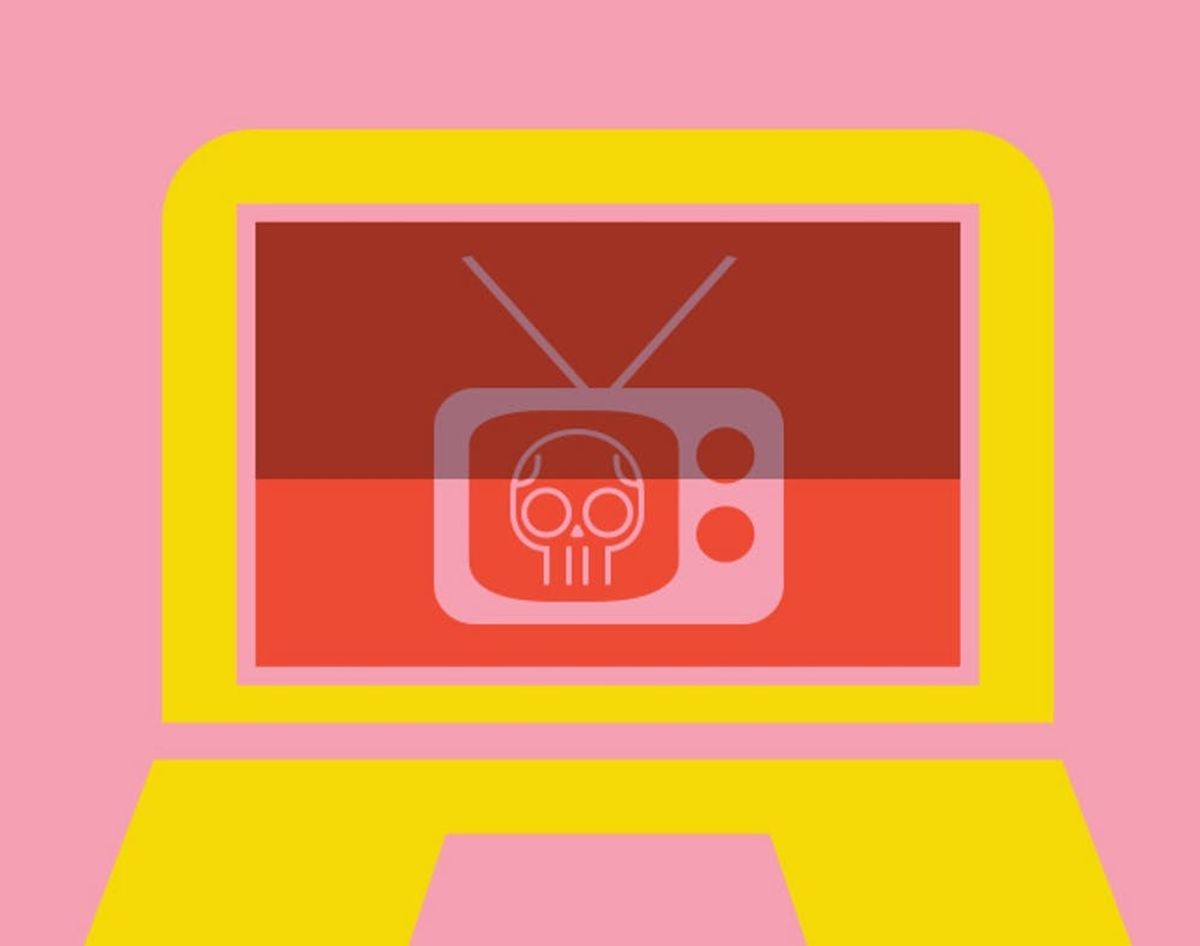This was a big week for big announcements — and we’re not talking about anything Apple or Android related. The Supreme Court made a couple rulings that could impact your digital lives, your privacy and the future of entertainment. Let’s start with the…
The Supreme Court Just Made 2 Rulings That Could Change Your Digital Life

This was a big week for big announcements — and we’re not talking about anything Apple or Android related. A couple rulings came down from the Supreme Court that could impact your digital lives, your privacy and the future of entertainment. Let’s start with the…
On Wednesday, the US Supreme Court shut down streaming startup Aereo. In a 6 yay, 3 nay decision, they ruled that Aereo violated copyright laws by capturing broadcast signals on mini antennas, and serving them up to paid subscribers. Well… that doesn’t not make sense.
Aereo was a small, newer tech company that allowed you to stream live TV online or record it with the “Aereo Cloud DVR” for about $8 to $12 a month. Their defense was that their service just did what the bunny ears of yore used to do, hooking up homes that intercepted public airwaves with free broadcast TV channels.
While this ruling may not be the best news for you or your techy friend navigating the seas of online streaming since the days of Napster, LimeWire and MegaVideo, it was, naturally, a win for big broadcasters like ABC. The television network argued that Aereo was helping people steal their content, especially by allowing subscribers to record it. And then making their own profit off of it without paying up.
If you’ve already said bye to cable, how you binge watch your favorite show(s) isn’t going to change yet. But if you were excited by the prospect of Aereo and similar streaming services, you better make peace with your Netflix subscription and your Slingbox while you still can. If you want to stream networks like ABC, you’ll have to get a digital antenna, pay up or get creative. A lot of channels (like ABC) even have live streaming apps that you can connect to if say, friends or family who pay a monthly cable bill will share their info with you. You know, kind of like how you already watch GoT with your ‘rents HBOGo…
Good News
Now for some more positive news (for the little guys, too!). In a unanimous decision on Wednesday, SCOTUS ruled that police will always need a warrant before they can search your cell or other handheld mobile device. Due to what’s on your smartphone and how we use them, an arrest is no longer an “okay” for police to get personal with your private digital data.
Supreme Court Chief Justice John Roberts broke it down: “Modern cellphones aren’t a technological convenience. With all they contain and all they may reveal, they hold for many Americans ‘the privacies of life.'”
Although you might not see how this directly affects you right this very sec, it’s a major ruling in favor of your privacy. It is also a significant step forward for our country in keeping up with how its citizens live their increasingly online lives.
What do you think of these two rulings? Do you agree that Aereo was out of bounds? Share your thoughts below!






















